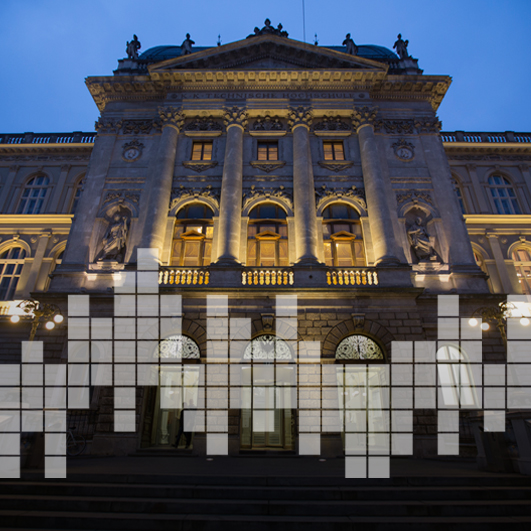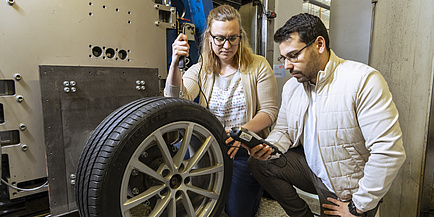
TU Graz Intensifies Research into Brake and Tire Wear
Up to now, emissions caused by tyre, brake and road surface wear, which are hazardous to health, have not been adequately captured. In the Lead Project NExT, researchers at TU Graz are developing precise analysis methods and realistic test procedures.
Read moreContact
Communications and Marketing
Media Service
Barbara GIGLER
Press officer
Phone: +43 316 873 6006
Mobile: +43 664 60 873 6006
barbara.gigler@tugraz.at
Falko SCHOKLITSCH
Phone: +43 316 873 6066
Mobile: +43 664 60 873 6066
falko.schoklitsch@tugraz.at
Philipp JARKE
Phone: +43 316 873 4566
Mobile: +43 664 60 873 4566
philipp.jarke@tugraz.at
Susanne FILZWIESER
currently on maternity leave
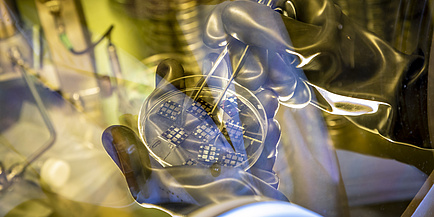
TU Graz Team Decodes Heat Conduction of Complex Materials
Using machine learning workflows developed in-house, the researchers were able to establish that heat conduction is much more intricate than previously thought. Findings offer potential for developing specific materials.
Read more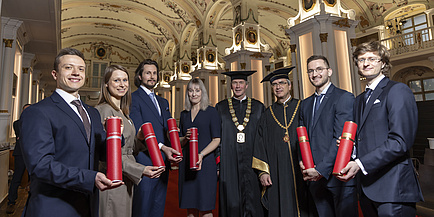
Sub-Auspiciis Doctorates for Researchers at TU Graz and the University of Graz
Three computer scientists, two mathematicians and one chemist received their doctorates on 14 March 2025 in the Great Hall of the Old University of Graz under the auspices of the federal president.
Read more
TU Graz Uses Communication Satellites to Survey the Earth
By utilising communication signals for positioning and calculating the earth’s gravitational field, real-time observation of weather phenomena is now also possible.
Read more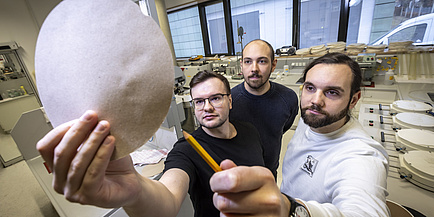
Researchers at TU Graz Turn Textile Waste into Paper
Until now, old clothes have mainly been incinerated. Using adapted processes from paper production, it is possible to recover the cellulose fibres from used clothing and use them to produce cardboard and other packaging materials.
Read more
Global Retreat of Glaciers Has Strongly Accelerated
International researchers with the participation of TU Graz present a global assessment of ice loss since the beginning of the millennium. In a global comparison, the glaciers in the Alps and Pyrenees are melting the fastest.
Read more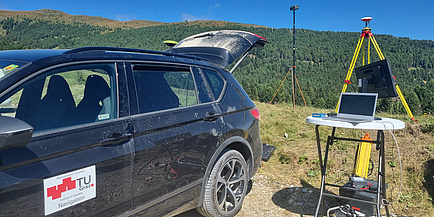
TU Graz Risk Assessment Tool Evaluates Potential Dangers of GNSS Interference Signals
Falsified or disrupted signals from navigation satellites can have devastating effects on critical infrastructure. A tool from TU Graz helps to detect, analyse and plan preventive measures.
Read more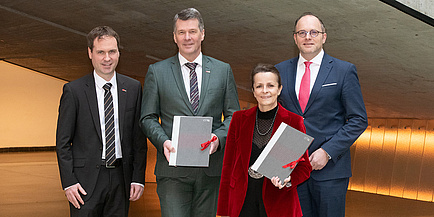
Starting Signal for Innovations in Sustainable Construction
TU Graz and Bundesimmobiliengesellschaft (BIG) lay the foundations for pioneering sustainable construction projects and for a flagship project in the form of an experimental building with international appeal in a joint memorandum of understanding.
Read more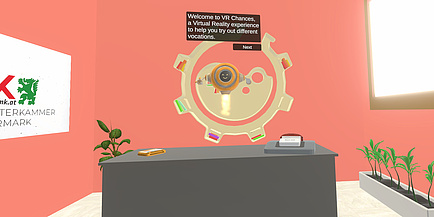
Interactive Career Guidance via VR Glasses
Together with Jugend am Werk Steiermark, the Game Lab Graz at TU Graz has developed a VR application in which young people can get to know various apprenticeships better.
Read more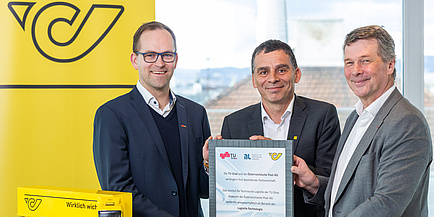
TU Graz and Österreichische Post Conduct Research in New Projects and Extend Cooperation
The long-standing, trusting cooperation project between the Institute of Logistics Engineering and Österreichische Post (Austrian Post) will continue over the next two years. The first two projects have already started.
Read more
